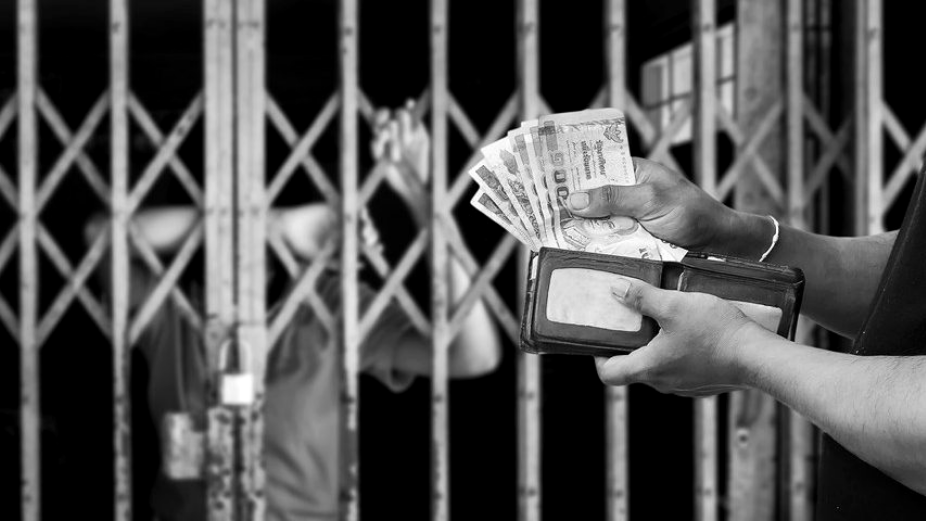
For years, human trafficking has been an issue plaguing the Maldives, a country where roughly a third of the resident population are expatriate labourers.
Migrant workers in the Maldives face a range of entrenched abuses from employers, including deceptive recruitment practices, wage theft, passport confiscation, unsafe living and working conditions, and excessive work demands. Diplomatic sources estimate that a significant proportion of the Bangladeshi population in the Maldives are here illegally, and that most of these workers are probably victims of trafficking.
With so many human rights abuses happening right before our eyes, why is so little action being taken against human traffickers?
The Parliament of Maldives, on last Tuesday, had initiated debates over the amendments put forward to the Maldives Anti-Human Trafficking Act. Jeehan Mohamed, the Parliamentary representative of Lhaviyani Atoll’s Hinnavaru constituency, proposed the most notable amendment in the bill which intends to expand the legal terminology of human trafficking.
The current legal definition of human trafficking poses difficulties when it comes to pressing charges against companies that have exploited expatriate workers for undue advantages. MP Jeehan stressed the importance of rectifying the existing laws to make strides forward in getting justice.
The newly amended bill proposes to criminalize any action that falls under the illegal process of human trafficking such as threats, deception, exerting influence or misusing a senior position. The exploitation of expatriate workers such as withholding an individual’s passport is also prohibited under the bill.
Earlier this year, the Cabinet of Maldives also passed the Maldives National Anti-Human Trafficking Action Plan 2020-2022. The plan was formulated by the National Anti-Human Trafficking Steering Committee (NAHTSC), aims to accelerate the elimination of Trafficking in Persons (TIP) in the Maldives.
There does seem to be some hope in the way of progress. Steps are slowly being taken by the government, and if the aforementioned bill amendments are swiftly passed in Parliament, it could provide a more comprehensive legal framework to hold human traffickers accountable.
Whether the situation will improve to the extent that is necessary, however, remains to be seen.











